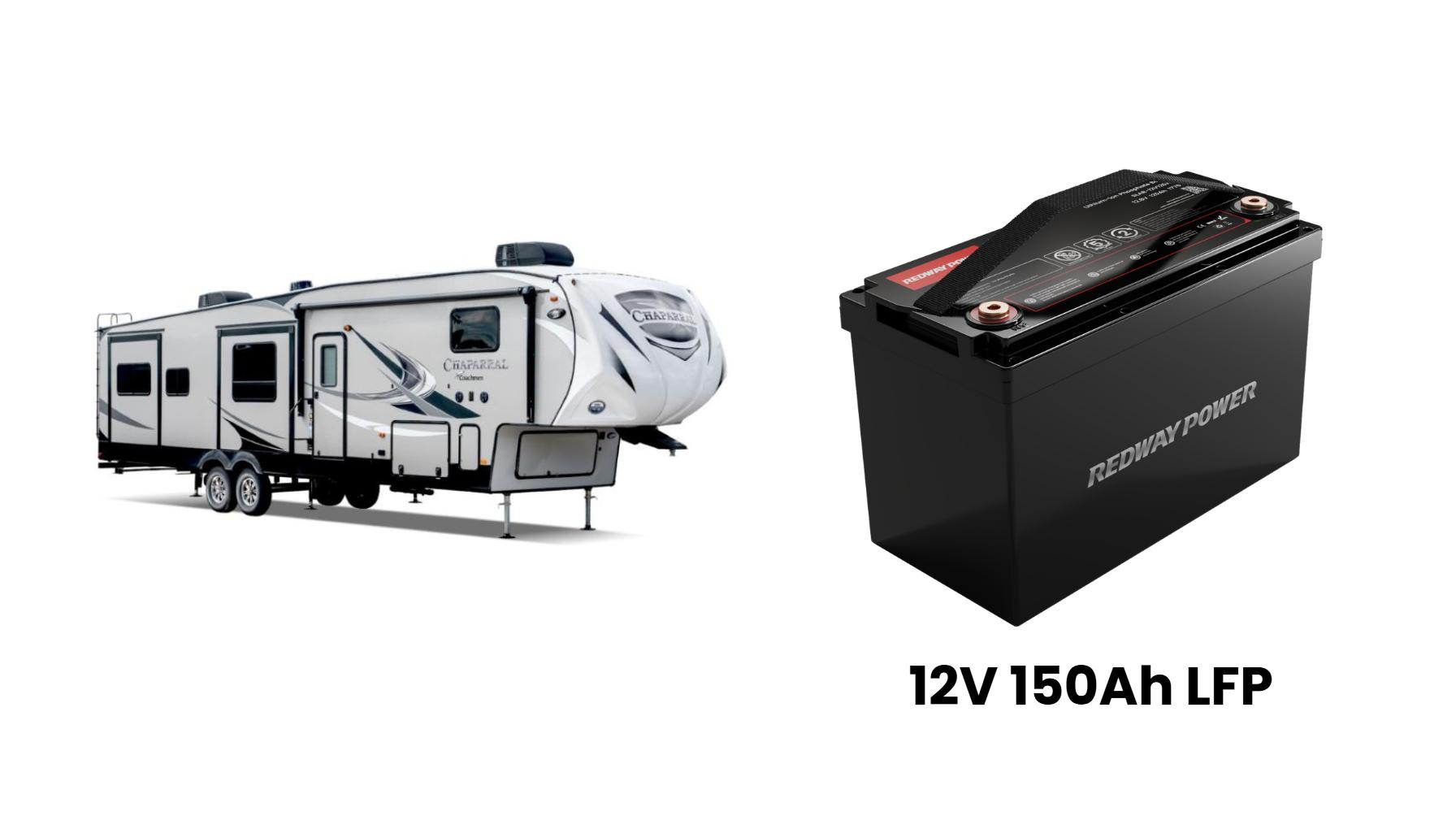Using a LiFePO4 battery as a backup power source for your RV appliances is not only feasible but also highly beneficial. These batteries offer long life cycles, massive capacity, lightweight design, and enhanced safety features, making them an ideal choice for powering various devices while on the road.
How Does the Longevity of LiFePO4 Batteries Benefit RV Owners?
LiFePO4 batteries are renowned for their longevity, boasting lifespans that can reach up to 10 years or more with proper care. This extended cycle life, ranging from 2,000 to 10,000 cycles, means that RV owners can enjoy reliable power without frequent replacements, saving both time and money over the long term.
Chart Title: Lifespan Comparison of Battery Types
Wholesale lithium golf cart batteries with 10-year life? Check here.
| Battery Type | Average Lifespan (Cycles) | Typical Replacement Interval |
|---|---|---|
| Lead-Acid | 300-500 | Every 1-3 years |
| LiFePO4 | 2,000-10,000 | Every 10 years |
What Massive Capacity Do LiFePO4 Batteries Offer for Appliances?
LiFePO4 batteries provide substantial capacity options, often ranging from 100Ah to over 300Ah. This capacity allows multiple appliances—such as refrigerators, air conditioners, and lighting systems—to operate simultaneously without draining the battery quickly. This capability is particularly advantageous during extended off-grid adventures.Chart Title: Capacity Comparison
| Battery Type | Typical Capacity (Ah) | Suitable Appliances |
|---|---|---|
| Lead-Acid | 100-200 | Basic lighting and small devices |
| LiFePO4 | 200-300+ | Refrigerators, ACs, multiple devices |
How Does the Lightweight Design of LiFePO4 Batteries Improve RV Performance?
LiFePO4 batteries are significantly lighter than traditional lead-acid batteries—often weighing up to 70% less. This weight reduction not only enhances fuel efficiency but also improves handling and overall driving performance of the RV. A lighter battery allows for better weight distribution within the vehicle.Chart Title: Weight Comparison
Want OEM lithium forklift batteries at wholesale prices? Check here.
| Battery Type | Average Weight (lbs) | Impact on RV Performance |
|---|---|---|
| Lead-Acid | 60-70 | Heavier load affects fuel efficiency |
| LiFePO4 | 20-30 | Improved handling and efficiency |
Know More:
What Is the Lifespan of a LiFePO4 RV Battery Compared to Lead-Acid?
Can I Use a LiFePO4 Battery as a Backup Power Source for My RV Appliances?
How Much Do LiFePO4 RV Batteries Typically Cost?
How Do Compatibility Issues Arise When Switching to Lithium Batteries in RVs?
What Are the Best Practices for Charging and Discharging LiFePO4 Batteries?
What Are the Fast Charging Benefits of Using LiFePO4 Batteries?
One of the standout features of LiFePO4 batteries is their ability to charge rapidly. Unlike lead-acid batteries that can take several hours to fully recharge, many LiFePO4 models can achieve a full charge in just a couple of hours. This fast charging capability is invaluable during road trips when time is limited.Chart Title: Charging Time Comparison
| Battery Type | Average Charging Time (Hours) |
|---|---|
| Lead-Acid | 6-12 |
| LiFePO4 | 2-5 |
How Does Safety Performance Enhance the Use of LiFePO4 in RVs?
Safety is paramount when it comes to battery technology. LiFePO4 batteries feature advanced safety mechanisms that minimize risks associated with overheating or overcharging. These safety features make them particularly suitable for use in an RV environment where space is limited and conditions can vary.Chart Title: Safety Features Comparison
| Feature | Lead-Acid | LiFePO4 |
|---|---|---|
| Overcharge Protection | Limited | Advanced BMS |
| Thermal Runaway Prevention | Minimal | Yes |
How Do LiFePO4 Batteries Compare to Other Lithium Batteries?
When compared to other lithium battery types (like lithium-ion), LiFePO4 offers superior thermal stability and safety at the cost of slightly lower energy density. However, its longer lifespan and enhanced safety make it a preferred choice for many applications, including RV use.
What Are the Best Practices for Integrating LiFePO4 Batteries in RVs?
To maximize performance when integrating a LiFePO4 battery into your RV system:
- Ensure compatibility with existing charging systems.
- Monitor battery health regularly.
- Store at optimal charge levels when not in use.
These practices help maintain battery efficiency and longevity.
Why Is Proper Maintenance Important for LiFePO4 Batteries?
Regular maintenance is crucial to ensure that your LiFePO4 battery operates at peak performance. Simple tasks such as checking connections, monitoring charge levels, and keeping terminals clean can prevent issues that may shorten battery life or affect performance.
Conclusion
Using a LiFePO4 battery as a backup power source for your RV appliances offers numerous advantages including longevity, massive capacity, lightweight design, fast charging capabilities, and enhanced safety features. By understanding how these benefits translate into practical use cases within your RV setup, you can make informed decisions that enhance your travel experience.
Expert Views
“LiFePO4 batteries are revolutionizing how we think about power sources in RVs,” states an expert from Redway. “Their combination of longevity and safety makes them an ideal choice for anyone looking to enhance their off-grid experience.”
FAQ Section
- Can I run all my appliances on a single LiFePO4 battery?
Yes, depending on the capacity of the battery; higher capacity models can support multiple appliances simultaneously. - How often should I replace my LiFePO4 battery?
With proper care, a good quality LiFePO4 battery can last up to ten years or more before needing replacement. - What maintenance do I need to perform on my LiFePO4 battery?
Regularly check connections, monitor charge levels, and keep terminals clean to ensure optimal performance.






